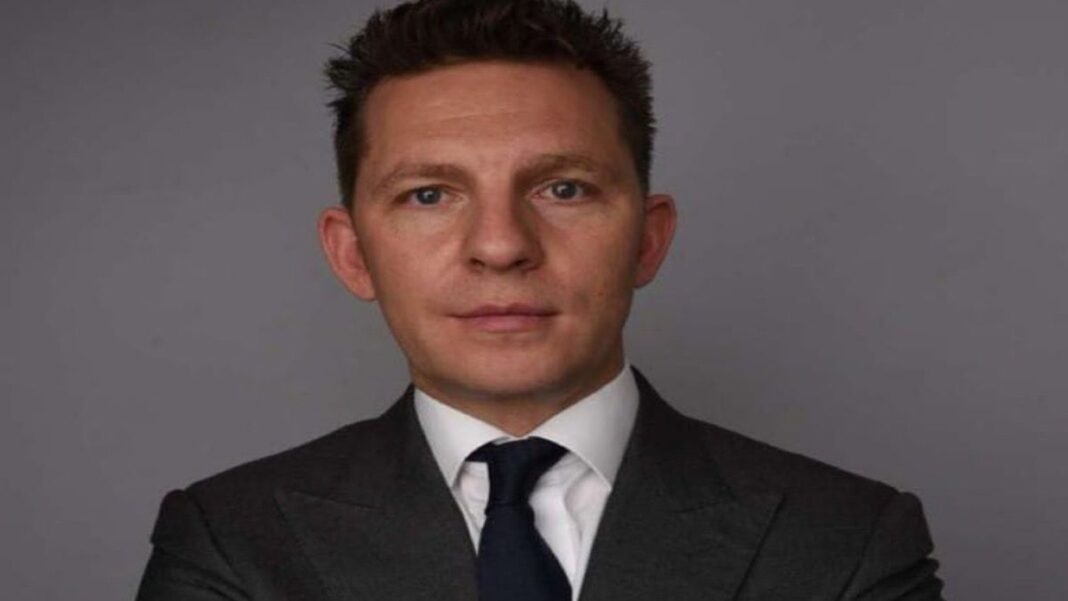UNITED STATES: Nick Candy and Robert Bonnier are embroiled in a court dispute over the former’s behaviour and financial standing. Candy’s company, Candy Ventures Sarl (CVS), is suing Bonnier for allegedly making false representations.
Bonnier was previously regarded as one of the city’s most promising young entrepreneurs, having founded Scoot, an online company directory that was valued at £2 billion at the height of the dotcom boom.
Bonnier, who received a record fine for deceiving the stock market, is being sued by CVS, which claims that Bonnier’s claims that Apple and LVMH were investing in the business convinced CVS to invest in Aaqua.
By transferring Candy’s shares in Audioboom to Aaqua and exchanging them for shares that Aaqua itself had issued, CVS was able to invest in the latter.
Candy filed complaints against Bonnier with the FCA, SFO, and FBI and filed a counter-restitution lawsuit after the FCA issued broad freezing orders on his and Aaqua’s assets. Bonnier denies the claims.
Aaqua and Bonnier are suing Candy and his venture fund for the loss of 160 jobs and €195 million (£170 million) due to the worldwide freezing orders, which they refer to as “nuclear weapons of the law.”
Attorneys at CVS have expressed regret for the “misleading information” used to get the freezing orders but deny that the orders were to blame for the losses experienced or that they were as significant as claimed.
The orders were made when CVS disclosed that the company owned £13.8 million worth of shares in Audioboom, which could not be freely sold as they had previously been pledged as security to the Bank of Singapore for a loan on real estate.
In 2020, Candy will refinance his penthouse in One Hyde Park, which he and his brother, Christian, developed, with the Bank of Singapore. Last year, he made an unsuccessful bid for the Chelsea football club and attempted to put up a $10 million bank guarantee to keep the freezing orders in place.
The judge ordered Candy to personally pay £1.5 million to be kept in escrow pending the outcome of the case. The freezing orders expired five weeks after being granted when he failed to comply with them.
Stephen Robins KC, representing Aaqua and Bonnier, argued that it was wrong for the claimant to get the freezing orders unfortified by misrepresenting the position and then string them out by promising fortification.
Alec Haydon KC for Candy Ventures claimed that the amount claimed for Aaqua’s losses had been calculated on a “spurious basis” and that it had been decided not to offer the guarantee because there were no assets effectively to freeze.
CVS was reported to have between €400 and €500 million in assets, but Robins asserted that the actual amount was less than €200 million and that the company’s balancing sheet showed “staggering liabilities.” Candy also provided the information.
Candy was a successful entrepreneur, CVS invested in startups, and any claim of “staggering obligations” ignores the value and equity in his assets.
The freezing orders, according to a statement from CVS, were approved “based on the incontrovertible evidence of Bonnier’s lies, dishonesty, and dealings with Audioboom shares.”
Candy Ventures Sarl made the commercial decision to forego posting additional security and remove the freezing order, which was not accepted by the judge.
Bonnier’s claims that Candy Ventures Sarl understated the worth of its assets were untrue and served to divert the court’s focus away from his alleged involvement in investor fraud.
Candy Ventures Sarl’s allegations of fraudulent misrepresentation, investor fraud, and Bonnier’s share price manipulation of Audioboom remain in place. The FCA, the SFO, the FBI, and other authorities have received reports on Bonnier.
Joel Hogarth of Eliot & Luther stated that CVS was a knowledgeable investor who negotiated representations and warranties.
“After rejecting a good faith offer to purchase their shares for more than twice their initial investment, CVS actively pursued a [global freezing order], which was obtained based on false information and later acknowledged to have been improperly granted by CVS.”
The accusations made against Aaqua are categorically denied, and the company will vigorously pursue its claim for compensation.
Also Read: Spain Announces Law to Promote Gender Equality in Politics and Business



